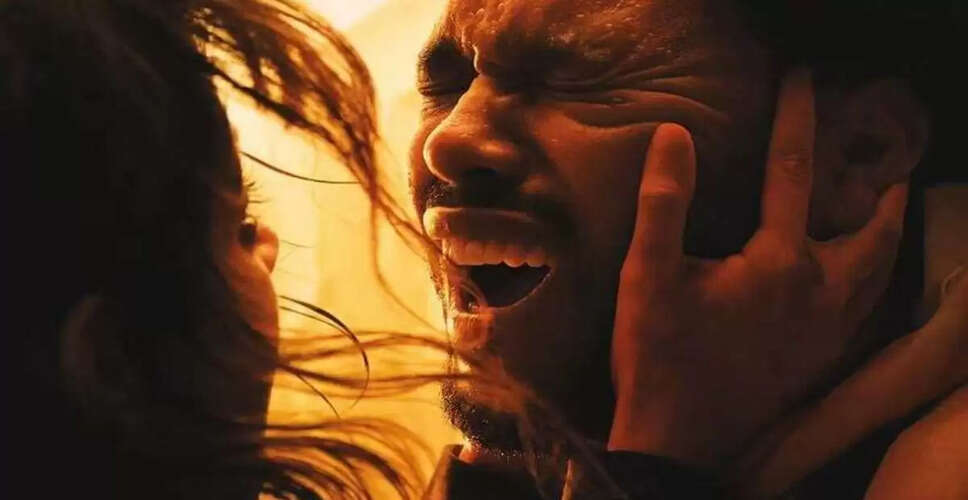Exploring the Dark Side of Fame in 'Hurry Up Tomorrow'

A Dive into Showbiz Excess
Films that delve into the self-indulgent nature of the entertainment industry often adopt a moralistic tone, cleverly disguised under layers of hedonism. Trey Edward Shults presents a striking portrayal of arrogance and vice, where the initial storytelling diverges significantly from the latter parts.
In the first 15 to 20 minutes, we witness the downfall of musician superstar Abel, portrayed by Abel Tesfaye, famously known as The Weeknd. His world crumbles following an abrupt breakup with his devoted girlfriend, who leaves him a voicemail before disappearing (the voice belongs to Riley Keough, granddaughter of Elvis Presley).
Abel's disbelief at this sudden abandonment is palpable; how could she leave him, the stage's master? His overbearing manager, Lee, played by Barry Keoghan, exacerbates the situation by reminding Abel that he is 'NOT human,' echoing a humorous line from the classic film 'Andaz Apna Apna.'
Forced to perform despite his emotional turmoil, Abel takes the stage but finds himself paralyzed.
This marks the beginning of a less engaging second act, where Abel encounters a fan on the road. If only he had seen Rob Reiner's 'Misery,' he might have recognized the dangers of an obsessive admirer. Ignoring all warning signs, he joins the fan, Anima, portrayed by the talented Jenna Ortega, for a night filled with reckless and primal pleasures.
Inevitably, this escapade leads to chaos. After Abel rejects Anima's clingy advances, she spirals into a psychotic rage. The second act is characterized by the screenwriter's fascination with psychedelic fantasy.
A lengthy sequence depicts Abel's descent into a nightmarish unconscious state, filled with ghouls and unsettling creatures interrupting his troubled sleep. This segment could have been trimmed without affecting the overall narrative.
More horrors unfold, including the abrupt appearance and disappearance of Abel's manager, a character that feels underdeveloped despite Barry Keoghan's brilliance in 'Saltburn.' The bizarre climax features Abel restrained to a bed while Anima dances frantically to his hit songs.
The musical finale culminates with Abel sorrowfully performing his signature track, 'Hurry, Up Tomorrow.' This moment effectively illustrates the uneasy relationship between fame and desperation.
While I appreciate the film's opening and conclusion, some elements in between feel incomplete and lack thorough development. The lead performances are commendable, with Abel Tesfaye capturing the self-destructive introspection of a superstar. However, it is Jenna Ortega's portrayal of the obsessed fan that raises questions about why admirers of musicians often descend into darkness.
